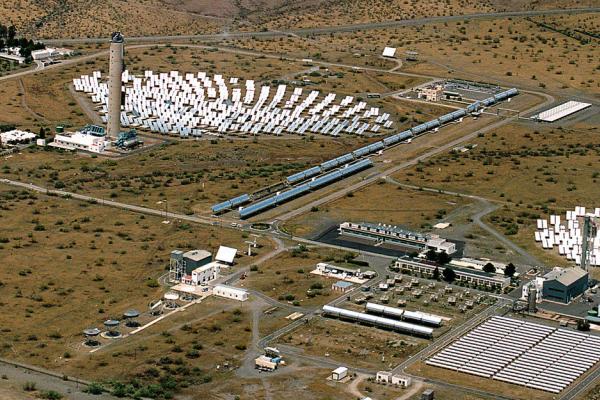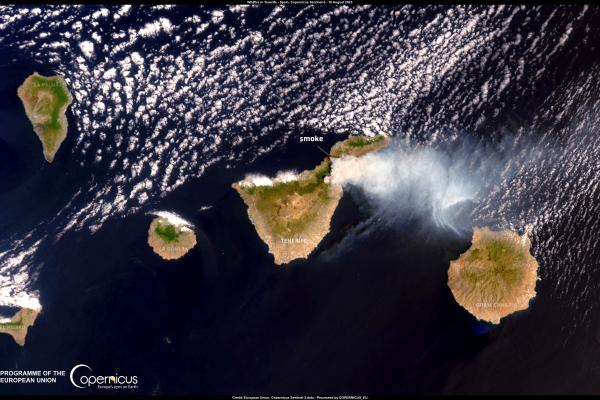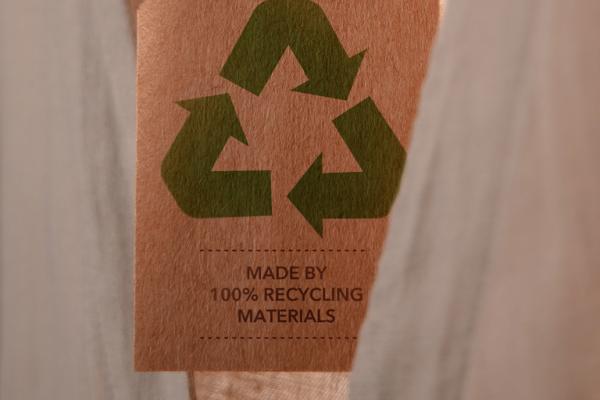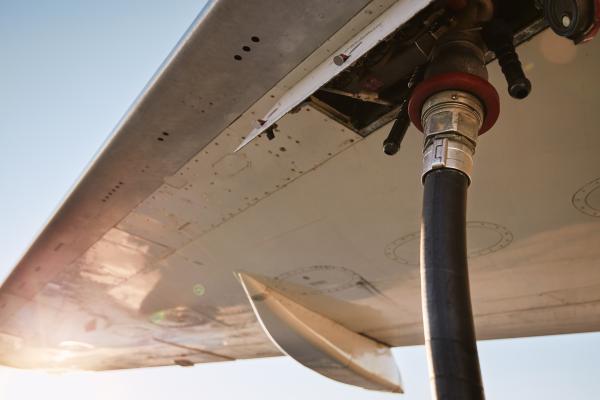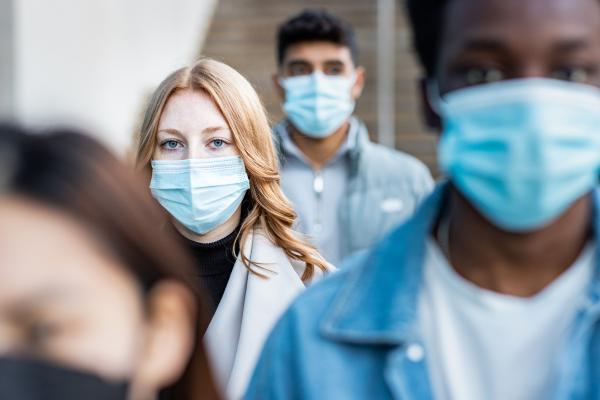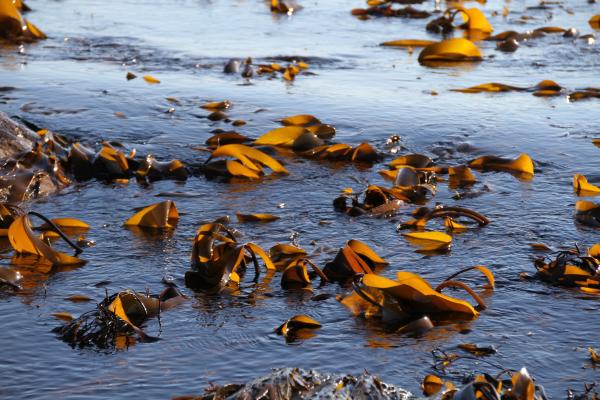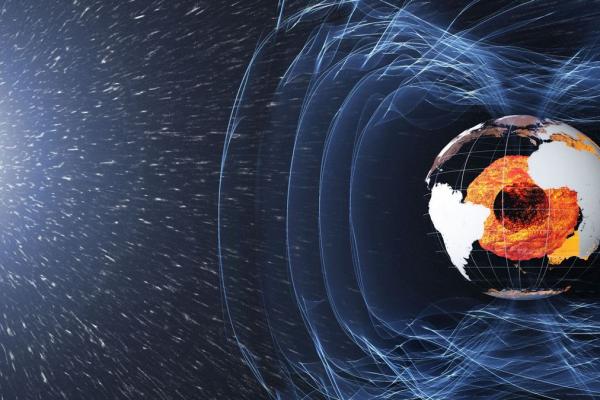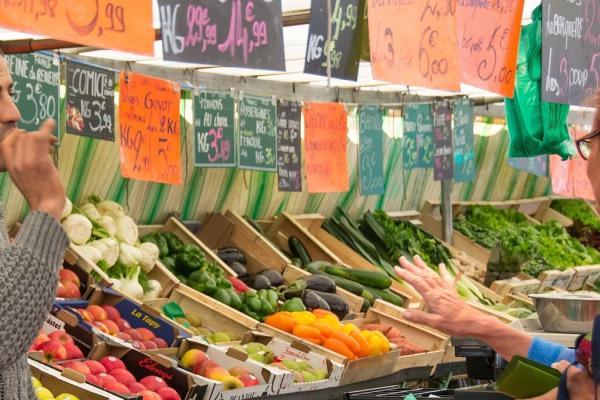EU-funded researchers are developing a smarter system of sustainable cooling, replacing toxic refrigerants with safer, more efficient and recyclable metals.
Special series

Researchers on a mission
The EU is on a mission with researchers to protect our planet and society.
By helping researchers discover new ways to improve people’s lives, and to protect us from climate change and global health shocks, the EU is building a better future for all of us.
More stories

From fossil remains to satellites, the wonders of EU-funded research were on full display at the Science is Wonderful fair in Belgium, awing children and adults alike.
Most popular
-
1
-
2
-
3By Anthony King
-
4By Zoran Radosavljevic
-
5By Michaela Nesvarova
Top videos
Taking the heat off: breakthrough cooling technology tackles climate challenge
11 April 2025
Guardians of the glades: protecting Europe’s forests against climate change
9 April 2025
Past articles
Recent research findings may help ease an illness that causes enlarged ovaries.
EU research is uncovering ways to treat a deadly tumour on the rise around the world.
As Europe turns increasingly to clean sources of energy, EU researchers are on a quest to make hydrogen from solar rays and heat.
As the number of objects launched into orbit grows, the EU is working to prevent debris from getting out of hand.
The EU is seeking to limit growing threats from blazes through the use of satellites, artificial intelligence and unmanned aerial vehicles.
Clothes made from recycled textiles are emerging in Europe, highlighting new business opportunities that also reduce the industry’s environmental footprint.
Scientists in Spain have developed a potentially life-saving strategy against a disease that spreads from the gut to other vital organs.
European researchers are striving to improve the technology that could one day help blind people see again.
The major greenhouse gas contributing to global warming could become a prime resource for biofuels that can cut car, plane and ship emissions.
By tracking Covid-19 patients, doctors in Europe are in search of treatments for a lingering sickness that is both debilitating and puzzling.
Remnants of ancient bears and other mammals in Europe reveal the challenges and potential rewards of understanding why species went extinct.
Early tongues in Europe offer new information about one of history’s greatest migratory treks and climate vocabulary.
The market for kelp, “sea lettuce” and other algae is growing as their health and environmental benefits become increasingly known.
Details are emerging about the protective magnetic field that’s key to sustaining life.
Amid international supply-chain disruptions, the EU is stepping up efforts to ensure the European food system benefits family farmers, Europe’s regions and its consumers.
“Smart” technologies in homes reduce energy use and bills, prompting stepped-up European research in the field.
Fresh insights into the genes that cause the neurological disorder could open new routes for the prevention and perhaps even reversal of symptoms.
As Europe’s population ages, understanding the causes of declining birth rates becomes more important.
As biodiversity declines and causes reductions in the genetic variation of animals, historic genomes offer clues for conservation.
Links between the human intestine and diseases such as arthritis are increasingly coming to light and signal that healthy diets can help control illnesses.












